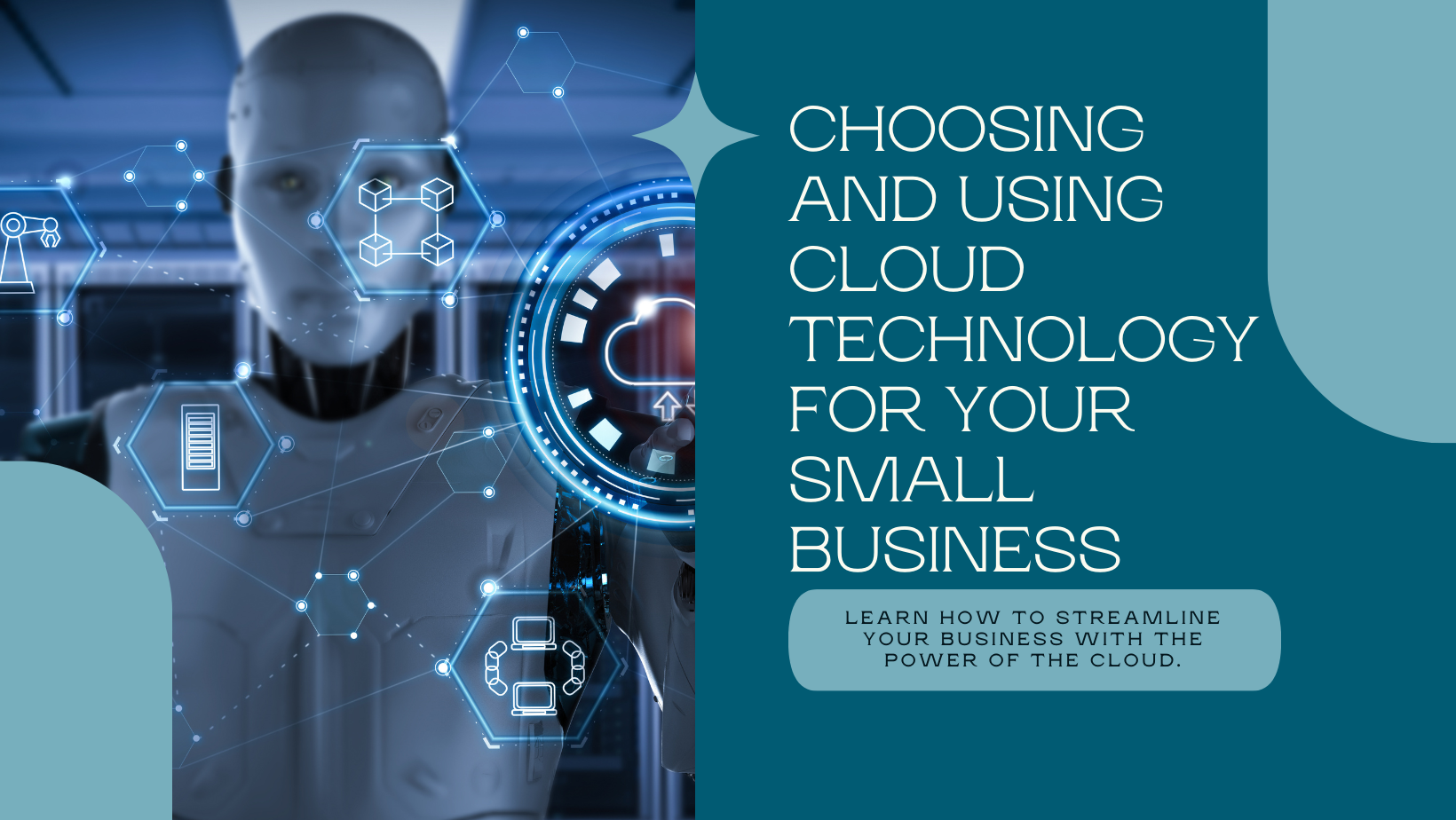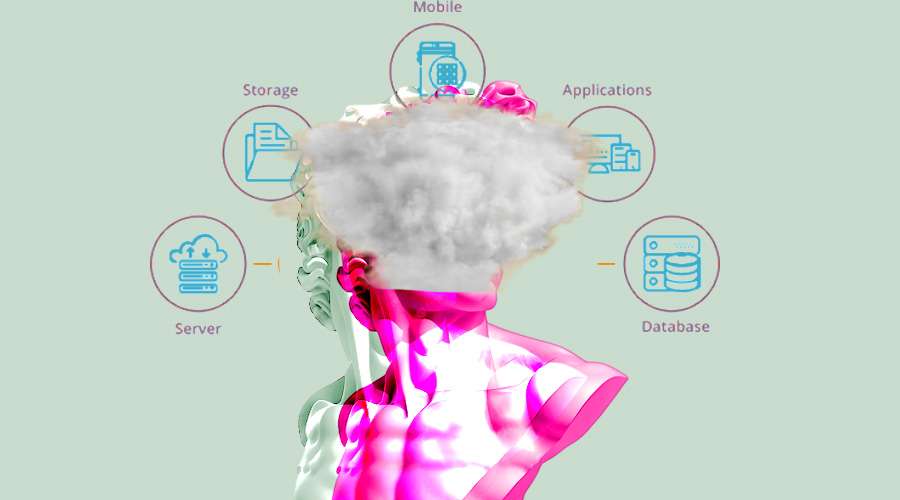

A guide to selecting and knowing the usage of cloud technology to leverage your small business
Many individuals use their cell phones exclusively these days, using them for everything from texting their children to uploading photos to social media, ordering pizza, and calling an Uber. But, a lot of small, neighborhood businesses the kind that supports American towns and cities have long lacked an accessible, cost-effective method of connecting with their consumers via cell phones.
I’ve devoted my whole professional career to serving small businesses, and I currently serve as the executive director of a company that offers technology, software, and business automation tools to its clients. I have therefore witnessed how these little local enterprises have lagged behind larger, more funded, and more advanced companies. Local businesses and the communities they serve, which rely on them to create jobs, pay taxes, and support one another, suffer from this competence gap.
Cloud technology helps small businesses to organize their operations, enhance client experiences, and boost their overall competitiveness. Examples include customer relationship management (CRM) systems, accounting software, online scheduling applications, and reputation management tools. Let’s look at what caused this and what small businesses can do with the new technologies.
What is cloud computing, and why is it important, first?
Cloud computing refers to the use of servers outside of a company’s physical location. Enterprise businesses have been fast to shift their computers to the cloud in recent years, for instance by using enterprise CRM systems.
Small enterprises, meanwhile, have seemed to be transitioning more slowly. Many people still rely on easy-to-use computer programs like Excel spreadsheets. The software regularly got outdated and was frequently not internet-enabled, making it difficult to utilize for customer communication for small businesses.
Starting With Mentality, Analog to Digital Conversion Begins.
But for small enterprises, the move to the cloud is not always simple. Many business owners wouldn’t consider themselves tech-savvy, and they could be reluctant to use new innovations. Some people could already have invested in outdated software and be hesitant to make the transfer to more modern cloud-based options. Using new technologies is simply one aspect of the cloud transformation. It also necessitates a shift in the way SMB owners see their business operations and clientele. Making the transition less intimidating can be accomplished by starting small and introducing cloud-based tools and solutions gradually.
Your requirements will determine the best course of action.
For the solopreneur, it may make sense to ease into the move and progressively embrace the cloud by starting with a single “point” solution, such as a cloud-based reputation management scheduling, or a payment tool. Several entrepreneurs founded their businesses in order to pursue the craft they adore. They may be specialists in personal training, photography, or lawn care, but they don’t want to, and they shouldn’t have to, learn technology.
Make Preparations to Succeed in The Cloud.
Even if some small-business owners and entrepreneurs can get started on their own, no matter how user-friendly the technology is, they will probably also need onboarding training and continuous help as they use it. Before uploading to a new platform, for instance, data needs to be clean. The business owner could deal with duplicate file detection and merging, inconsistent data correction, and formatting concerns beforehand. Also, they might want to lay out a plan of action for more strategic projects. By automating routine administrative operations like billing, communications, and appointment scheduling, more time may be spent on more important activities.
Be sure to consider security.
Assuring data security and privacy is essential in the modern world. I’ve discovered that the majority of small firms hold the mistaken belief that they are too obscure to be targeted. Yet in 2021, enterprises with fewer than 1,000 employees were the target of most ransomware attacks. Make certain that the cloud service provider you are working with can offer enterprise-grade security to safeguard customer and operational data.
Disclaimer: Any financial and crypto market information given on Analytics Insight are sponsored articles, written for informational purpose only and is not an investment advice. The readers are further advised that Crypto products and NFTs are unregulated and can be highly risky. There may be no regulatory recourse for any loss from such transactions. Conduct your own research by contacting financial experts before making any investment decisions. The decision to read hereinafter is purely a matter of choice and shall be construed as an express undertaking/guarantee in favour of Analytics Insight of being absolved from any/ all potential legal action, or enforceable claims. We do not represent nor own any cryptocurrency, any complaints, abuse or concerns with regards to the information provided shall be immediately informed here.
Source: https://www.analyticsinsight.net/
By: Shiva Ganesh

